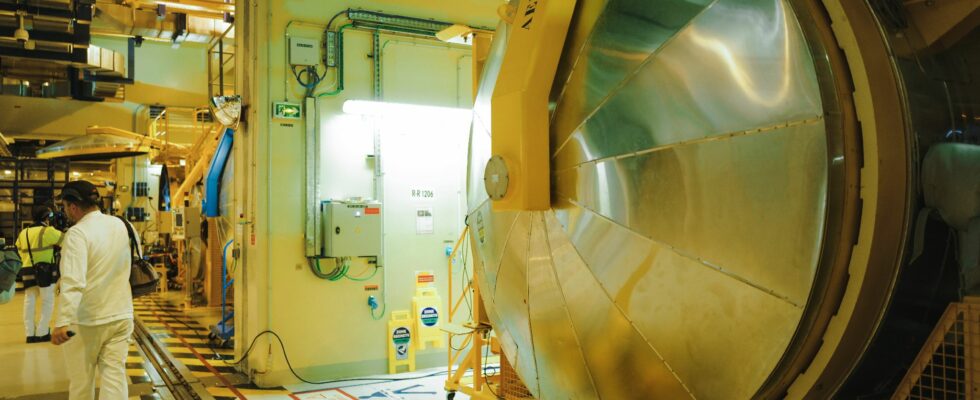Until February 28, 2023, within the confines of the Stockholm International Peace Research Institute, well known to members of the international disarmament community, when it came to “nuclear club”, there were there is a good chance that these words are used to designate the nine States possessing nuclear weapons. Since that date, it has designated a completely different reality: the determination of 11 Member States of the European Union who have decided to join forces to actively defend the place of nuclear energy in all energy and climate policy decisions. European.
Created on the sidelines of the informal council of energy ministers convened by Sweden – which holds the presidency of the Union during the first half of 2023 -, this club is the result of a French initiative, which must be welcomed: after years of wait-and-see attitude and silence, in Brussels institutions, on the place and role of nuclear energy in Europe, France has finally decided to weigh in on a subject that touches the heart of its interests. And to play collectively, which is not always his forte in Brussels… From now on, France, Bulgaria, Croatia, Hungary, Finland, the Netherlands, Poland, the Czech Republic, Romania, Slovakia and Slovenia will undoubtedly defend coordinated positions soon joined by Sweden once its presidency is over, by Estonia, which has announced a plan to deploy small modular reactors, and by Italy, if the Meloni government manages to muster a majority to reverse the ban on nuclear energy decided in 1987.
A final message
Everyone can only be struck by the European nuclear geography drawn by this new alliance, marked by the preponderance of Central and Eastern European states. How to explain it? The rationale for their nuclear commitment is quite clear, shared moreover by France and the Netherlands: the need to achieve European decarbonization objectives, industrial concerns, the desire to have controllable and low-carbon energy , with long-term visibility on the price of electricity. In their case, however, an additional reading key is necessary to understand their approach, which is undoubtedly the main cause of their nuclear choice: the future of their security. Not only their energy security, but also and above all the security of their borders, of their territory, their integrity in the face of the Russian threat which, in this part of Europe, is not a disembodied expression but a physical, palpable .
This choice sends a message to Russia: there will never be a return to the asymmetrical relationship that prevailed before the war, business as usual in terms of energy; decoupling from the Russian energy system is final. Their nuclear choice must be read as a policy of long-term disarmament – energy and financial disarmament – of the Russian state. A State which, until now, has been able to give its citizens the illusion of prosperity thanks to gas and especially oil revenues, the manna of fossil energy exports having made it possible to compensate for the capital flight of past years and, today still today, to build a budget that preserves the daily life of the population. Russian oil and gas will certainly always find outlets, notably in Asia, but that is the end of the years of Russian blackmail on the price and physical deliveries of gas to the States of the former Eastern bloc.
Russia is not the only recipient of the message: Germany is also targeted. The nuclear choice of the countries of central and eastern Europe is also a don’t, dank very firm in Berlin, which has not given up on becoming a gas hub for this part of the European continent. Even if this gas is today Qatari or American, these States do not want it. They thus also intend to disarm any future temptation of Germany to return to Russian gas, when it will be time to talk about European peace and security with another Russia. In this part of Europe, we keep a long memory of the periods when certain States had a short memory… In the end, there is no coincidence: this civil nuclear club could only be born in the capital of specialists in disarmament.
